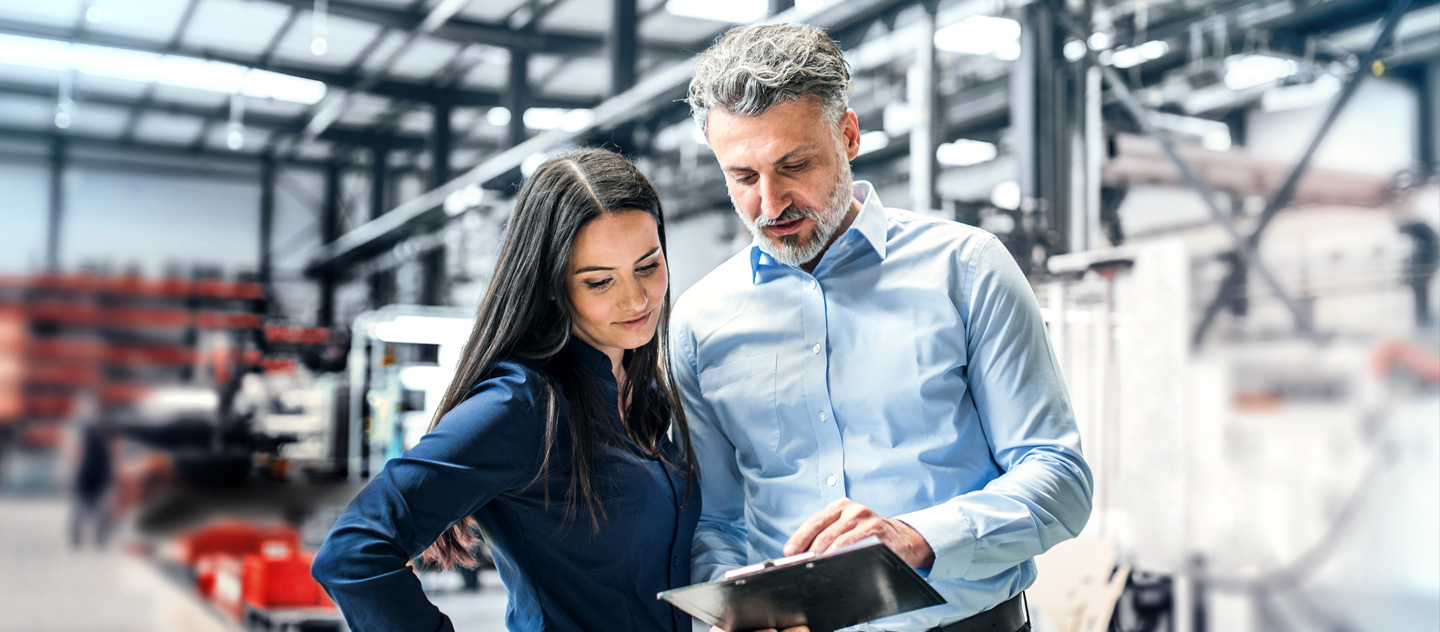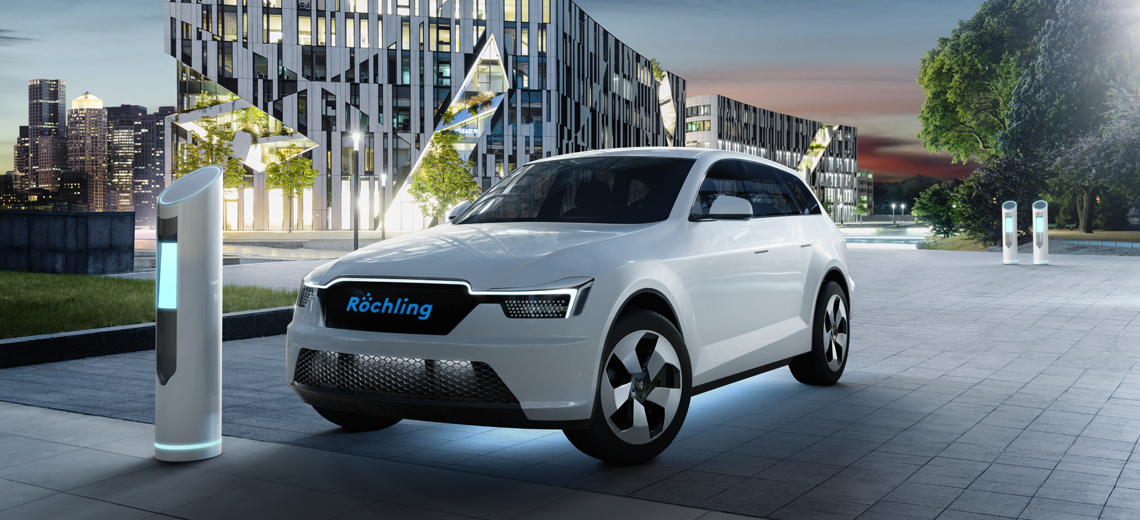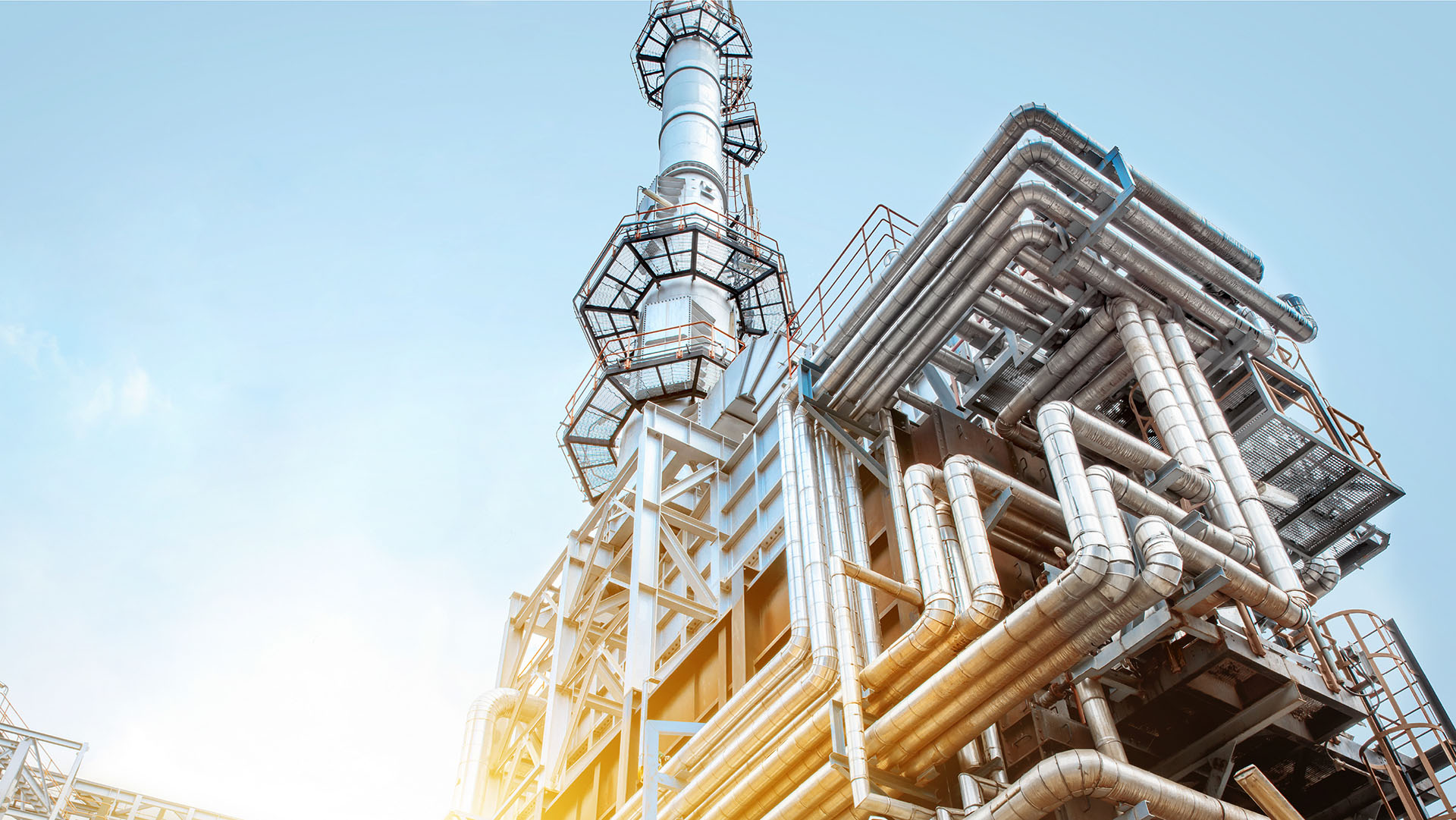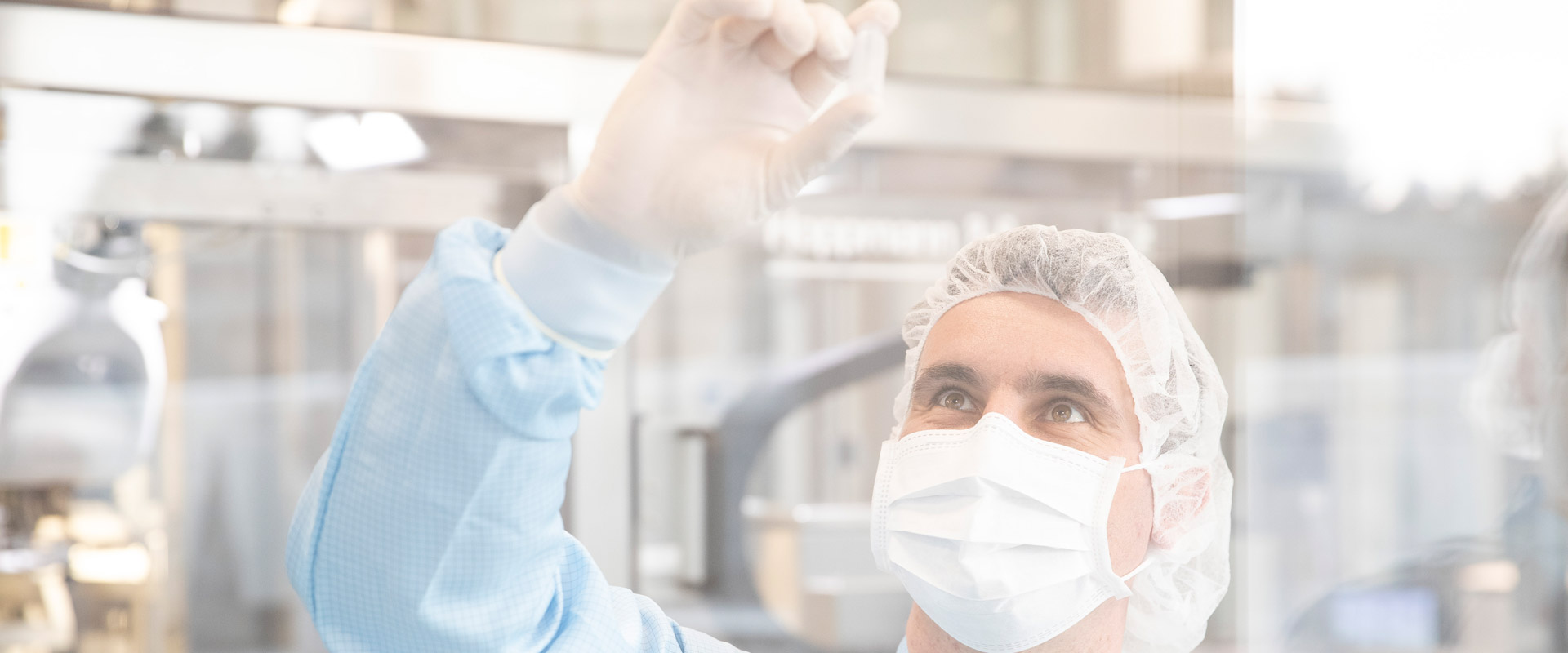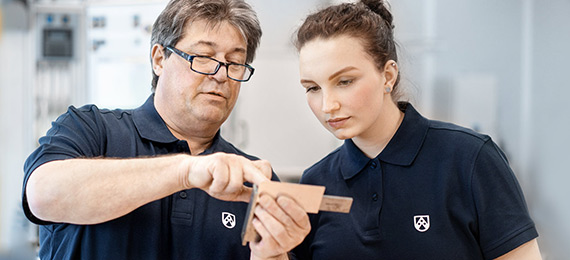Second Sustainability Report of the Röchling Group Published
Ambitious Sustainability Goals Formulated
The Röchling Group presented its second sustainability report in May. For the first time, the Mannheim-based plastics specialist formulates the first steps towards a comprehensive sustainable business approach and a comprehensive sustainability strategy, which is to be concretized this year. For example, the company aims to offer an alternative made from bioplastics or recycled materials for each of its plastics by 2035.
"We have formulated an ambitious target with this, but we want to already have these plastics in our portfolio when they are requested by our customers. We want to become the leading supplier of bioplastics and recycled materials by 2035. To achieve this, we are prepared to invest a mid to high single-digit million euro amount in the coming years," explains Prof. Dr. Hanns-Peter Knaebel, Chairman of the Executive Board of the Röchling Group. Therefore, the company wants to consistently integrate sustainability into its value chain.On more than 90 pages, the Röchling Group's second sustainability report looks primarily at the areas of people, locations, partnerships, and products and assigns them to various sustainable development goals of the United Nations. For the first time, the Company has given itself a "Vision & Mission" in terms of sustainability and formulated the approach for a sustainability guideline. Thus, the Röchling Group once again emphasizes the principle that social and economic progress can only go hand in hand with the simultaneous protection of the environment.

"Sustainability, with all its many facets, is the megatopic of the future. We have to adapt to the changing framework conditions and requirements, break new ground and find even better solutions for our customers, but also for our employees," says Prof. Dr. Knaebel.
The company has already taken the first operational steps toward greater sustainability. For example, in March 2021, Röchling Industrial opened a recycling plant with an area of 6,300 square meters in Geeste-Dalum, Lower Saxony, to close the material loop between Röchling and its customers (for more info, see the published press release). In addition, Röchling Automotive already presented Röchling-BioBoom, a new sustainable bioplastic, last year. This means that the division - as the first supplier on the market ever - has a patented polylactide (PLA)-based biopolymer that consists of at least 90 percent renewable raw materials and thus represents an ecological and economical alternative to most conventional materials such as polyester (PC, PET, PBT), but also polystyrene (ABS), polyolefins (such as PP) and polyamides (PA6) (for more info, see the Röchling BioBoom page).
"We are aware that all these measures can only be the beginning," says Prof. Dr. Knaebel. He adds that the company must succeed in achieving benefits with its business model through guided transformation. It is not a matter of compensating for damage to nature with money or sponsorship, but of reconciling the requirements of nature conservation with the entrepreneurial pursuit of profit: "This is the only way to achieve a credible balance between business and nature conservation," emphasizes Prof. Dr. Knaebel. The Röchling Group aims to achieve climate-neutral production by about 2030 and establish paperless production at all production sites. At the same time, all of the approximately 11,000 employees at the 90 locations in 25 countries are to be trained in sustainability at Röchling in order to consistently anchor this future topic in the workforce as well. In order to make its sustainable goals clear to the outside world as well, the Röchling Group joined the United Nations Global Compact this year, a voluntary pact between companies, organizations, and the United Nations to make globalization more socially and ecologically responsible. The position of Sustainability Officer for the Group was also created.
The "Vision & Mission" of the Röchling Group
Vision
At Röchling, we have the next generations in mind. That is why we plan beyond today - for a sustainable future for all. With our forward-looking products, services, and commitment, we reconcile the benefits of high-performance plastics solutions with environmental protection and social improvements for a healthy future for our planet.
Mission
As a family-owned company, we at Röchling have an obligation to operate our business sustainably. For us, this means social and economic progress as well as protecting our environment. While continuously reducing our technological and environmental footprint to develop pioneering and excellent solutions for our partners in the Industrial, Automotive, and Medical sectors worldwide, we also take responsibility for our employees, our environment, our shareholders, our customers, and the environment. Our management is committed to reliably supporting all interested parties in their approach to meeting sustainability requirements.







